Addressing Quality Standards in School Food Delivery: A Call for Accountability in Rubavu
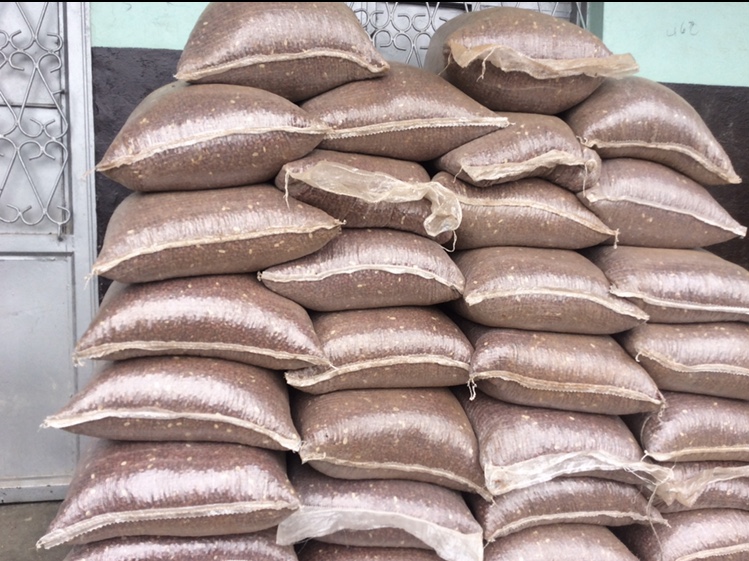
In Rubavu District, particularly in the Gisenyi sector, concerns have been raised by food traders, especially those dealing in cereals, regarding the quality of food being received in schools. They are critical of the negligence displayed by some individuals responsible for receiving and storing food, leading to the acceptance of substandard products that could potentially endanger the health of children who benefit from school meals.
This issue came to light during a teaching campaign on food safety guidelines organized by the Rwanda Standards Board (RSB) in partnership with the Ministry of Trade and Industry (MINICOM) and the World Food Program (WFP).

The campaign, which aims to promote adherence to food quality standards, took place in Rubavu on December 3, 2024, providing training to stakeholders involved in the food preparation chain. Traders have reported that certain individuals monopolizing the school food delivery market opt for purchasing cheaper, lower-quality foods instead of investing in higher-quality options.
They argue that this practice not only compromises food standards but also poses a risk to the health of the children.
Nyirabahire Aquiline, a trader of grains such as maize, soya, wheat, and sorghum, stresses the importance of prioritizing quality over cost. She emphasized, “Those responsible for delivering food to schools should procure it from properly processed sources rather than opting for substandard products, as a lot of waste occurs once the food leaves the processing facility.”
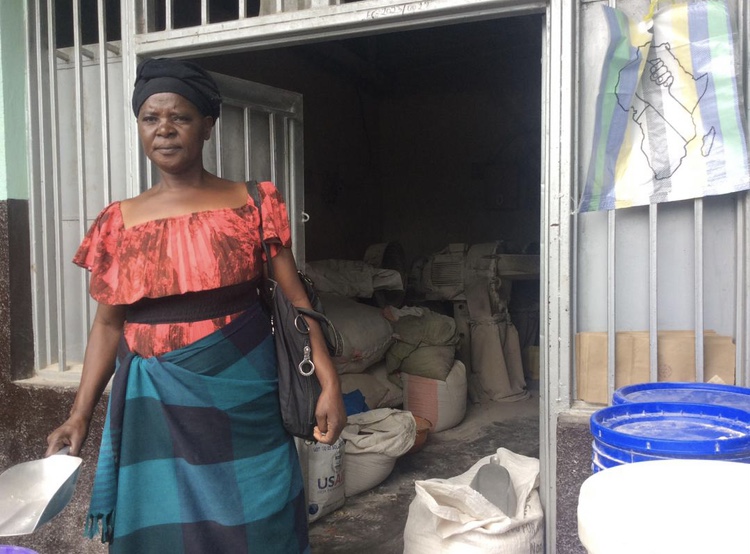
Uzanyinzoga Penina echoed these concerns, highlighting that the primary issue stems from buyers who knowingly select poor-quality foods under the pretext of cost-effectiveness. She urges those engaged in such practices to reconsider, as it directly impacts the health of children dependent on school meals.
On the other hand, some school food suppliers argue that the delivery of substandard food is largely due to the negligence of those responsible for receiving and storing these products.
Mudatsikira Valens, an entrepreneur supplying food to schools in Rubavu, commented, “We must ensure the delivery of high-quality items. The only way to verify their compliance with standards is by checking their documentation. If the products do not meet the standards, it is the responsibility of those accepting them to ensure adherence.”
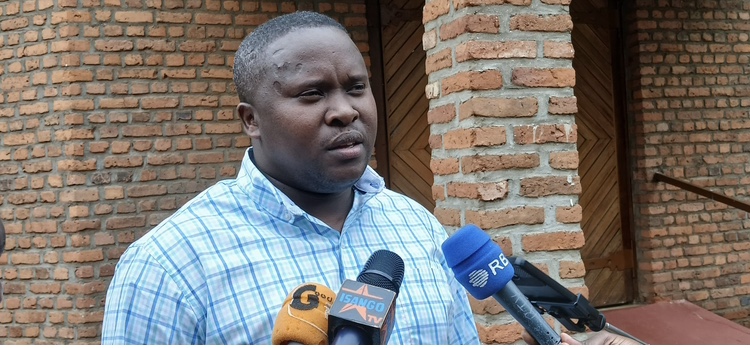
Ndahimana Jérôme, the Officer in charge of Quality Maturity model at Rwanda Standards Board (RSB), cautioned against providing students with substandard food for short-term gains.
He emphasized the long-term consequences, stating, “Prioritizing immediate profits over the health of children is detrimental. We all have a role to play in guaranteeing the quality of food provided to schoolchildren.”
He further stressed that the responsibility for ensuring quality extends beyond schools, urging producers to uphold high standards in all food markets.
“Even in regular diets, it is imperative that the processed and sold food is of superior quality,” he added.
Rubavu district is the second of 11 regions to host this campaign, which aims to train all individuals involved in the food preparation chain from farms to school meals.
The initiative, organized by the Rwanda Standards Board (RSB) in collaboration with MINICOM and supported by the World Food Program (WFP), aims to ensure compliance with food quality regulations.
The campaign is set to expand nationwide, with initial focus on the following 11 regions: Burera, Rubavu, Rutsiro, Karongi, Rusizi, Nyamagabe, Nyaruguru, Huye, Kayonza, Nyagatare, and Gasabo. By raising awareness and promoting accountability, the initiative aims to enhance the quality of food served to schoolchildren nationwide.
Related Articles
Powering Food, Restoring Land: How Renewable Energy and Regenerative Agriculture Are Transforming Rwanda’s Farms
Across Rwanda’s rolling hills, a quiet revolution is underway. It begins in...
Late February Weather Alert: Heavy and Above-Average Rainfall Forecast Across Rwanda
The Ministry in charge of Disaster Management (MINEMA) has issued a weather...
GBOX Launches AI Literacy Initiative to Support Rwanda’s Digital and Sustainable Development
A new Artificial Intelligence (AI) literacy program has been introduced last week...
Global Agri & Food Safety Congress 2026: Building Resilient Food Systems in a Changing Climate
On 26–27 February 2026, international experts, researchers, industry leaders, farmers, and policymakers...




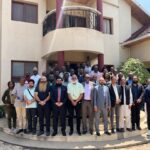
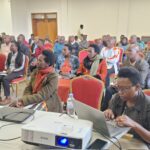





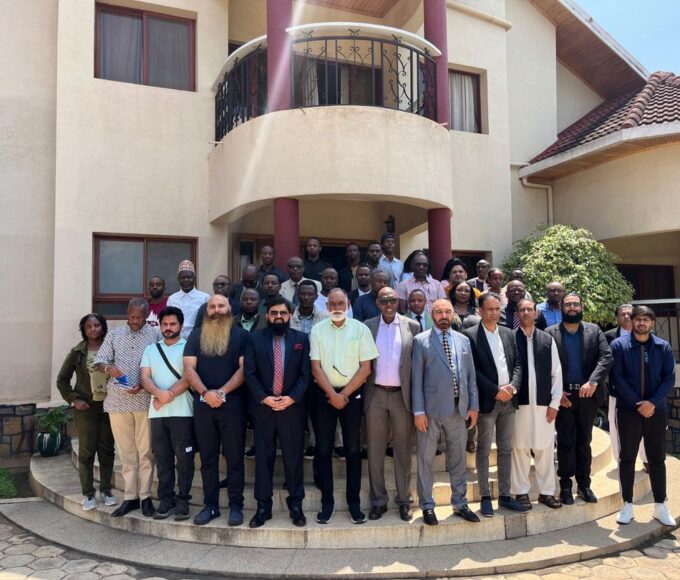
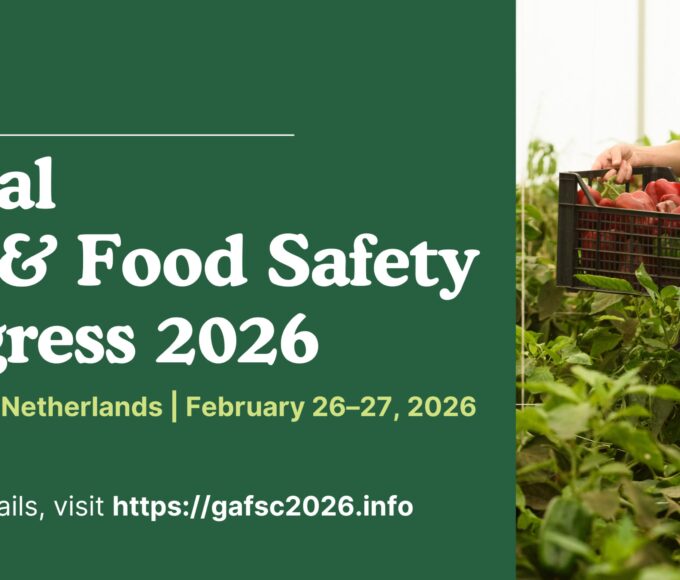
Leave a comment